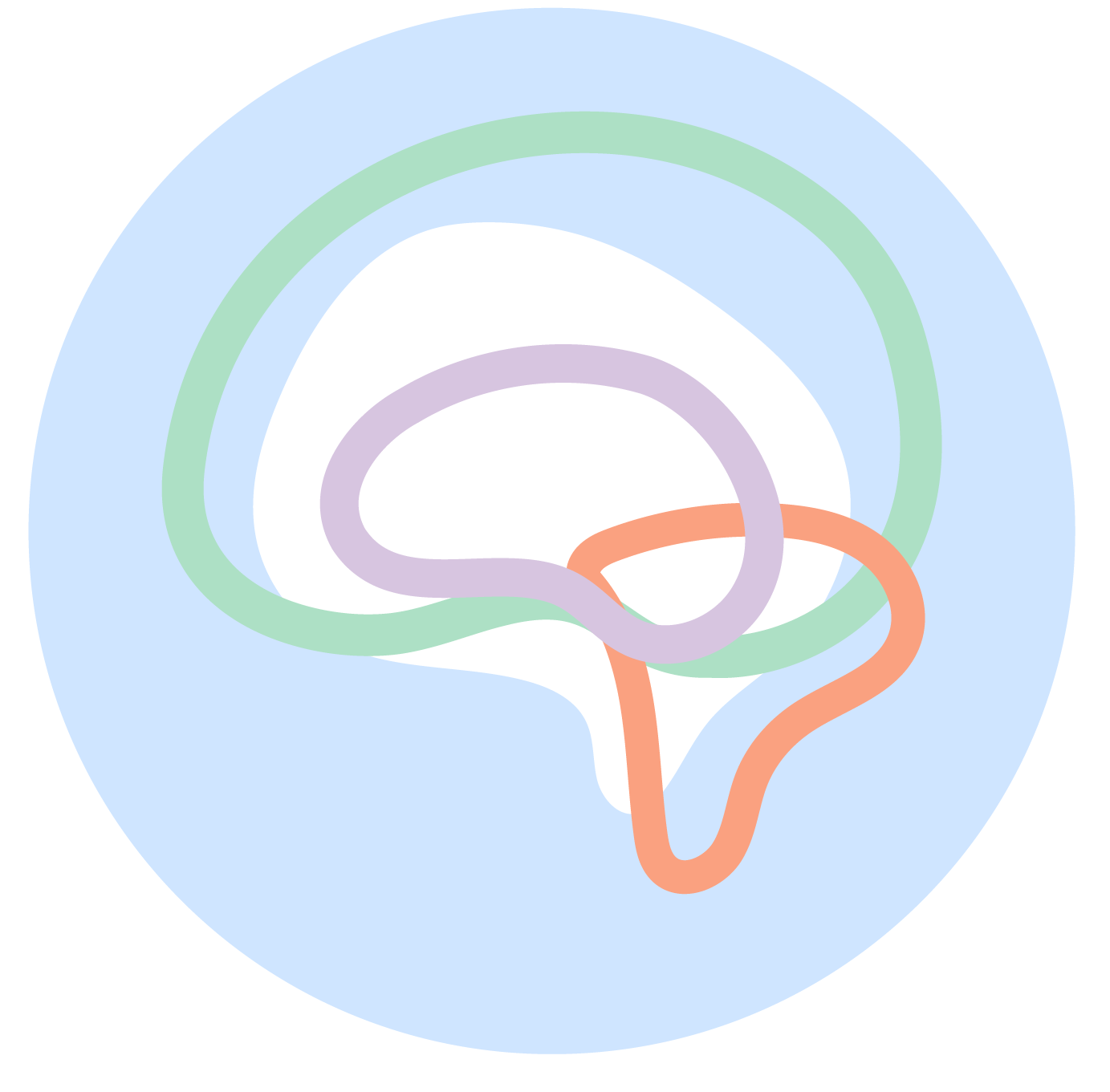National Minority Mental Health Awareness Month
Minority: defined as “any small group in society that is different from the rest because of their race, religion, or political beliefs, or a person who belongs to such a group.”
This includes racial minorities as well as sexual minorities.
Mental health in minority communities can often considered taboo, perhaps because of culture/religion or the lack of resources available for these communities. Additionally, underrepresented communities face numerous obstacles in obtaining mental health care, making treatment very challenging to access for oppressed communities, and the repercussions are numerous.
Almost 50% of all Black, Indigenous, and other people of color (BIPOC) as well as the LGBTQ+ suffer from mental health issues. This percentage has increased as a result of the COVID-19 crisis.
During the first COVID-19 quarantine, many people were stuck at home with their families/roommates, which can cause many issues such as abuse, isolation, and loneliness. If a person caught COVID-19, they were isolated from the people and began to feel like a contamination to the people they lived with. As a result, an increase in depression and anxiety was recorded, as well as substance use.
To combat this increase in mental health struggles, it is vital to know warning signs of mental illness, substance abuse, and suicide.
-
• Change in feelings or demeanor (such as feelings of worry, panic, sadness, or hopelessness)
• Loss of interest (avoiding family and friends and activities they once found enjoyable)
• Change in sleeping habits
• Low energy (examples would be sleeping too much or inability to carry out daily tasks)
• Difficulty interacting with others
• Appetite of weight changes
• Uncontrollable emotions
-
Physical Signs
• Bloodshot eyes, irregular pupil size
• Deterioration of physical appearance
• Runny nose/sniffling
• Tremors, slurred speech, or impaired coordination
• Unusual odors on breath, body, or clothing
Behavioral Signs
• Difficulties in one’s relationships
• Engaging in secretive or suspicious behaviors
• Frequently getting into legal trouble, such as getting into fights or driving under the influence
• Neglecting responsibilities at work, school, or home
• Unexplained need for money or financial problems. May steal or borrow money
Psychological Signs
• Appearing fearful or paranoid with no reasons
• Lack of motivation
• Periods of unusual increased energy, nervousness, or instability
• Sudden mood swings, increased irritability, or angry outbursts
• Unexplained change in personality or attitude
-
Talking About
• Wanting to die
• Great guilt of shame
• Being a burden to others
Feeling
• Empty, hopeless, trapped, or having no reason to live
• Extremely sad, more anxious, agitated, or full of rage
• Unbearable emotional or physical pain
Changing Behavior, such as
• Making a plan or researching ways to die
• Withdrawing from friends, saying goodbye, giving away important items, or making a will
• Taking dangerous risks such as driving extremely fast
• Eating or sleeping more or less
• Using drugs or alcohol more often
If ANY of these warning signs apply to you or someone you know, get help as soon as possible, particularly if the behavior is new or has increased recently.
National Suicide Prevention Lifeline: 1-800-273-TALK
Crisis Text Line: Text “HELLO” to 741741
RESOURCES
-
RESOURCES -
Bay Area
Alameda
Crisis Support Services Of Alameda County
24 HOUR CRISIS LINE: 1-800-309-2131
Mobile Crisis Team:
510-891-5600 (M-F, 8-6)
Santa Clara
Santa Clara County Suicide & Crisis Hotline
Santa Clara County Behavioral Health Services
Crisis Text Line
Text RENEW to 741741
Mobile Crisis Response Team
1-800-704-0900 Press 2
Marin
Marin County Crisis Stabilization Unit (CSU)
Available 24 hours a day, 7 days a week
415-473-6666
Crisis Text Line
Text MARIN to 741741
Mobile Crisis Response Team
415-473-6392
California
For Non-Crisis Emotional Social Support:
Mental Health Association San Francisco (MHA SF)
California Peer-Run Warm Line
855-845-7415
USA Nationwide
National Suicide Prevention Lifeline
24-hour Crisis Line: 1-800-273-8255
Call or Text 988 **Starting July 16, 2022
Teen Line
Call: (800)-TLC-TEEN from 6PM-10PM
Text: Text “TEEN” to 839863 from 6PM-9PM
National Sexual Assault Hotline
800-656-4673
National Domestic Violence Hotline
800-799-7233
National US Child Abuse Hotline
800-422-4453

